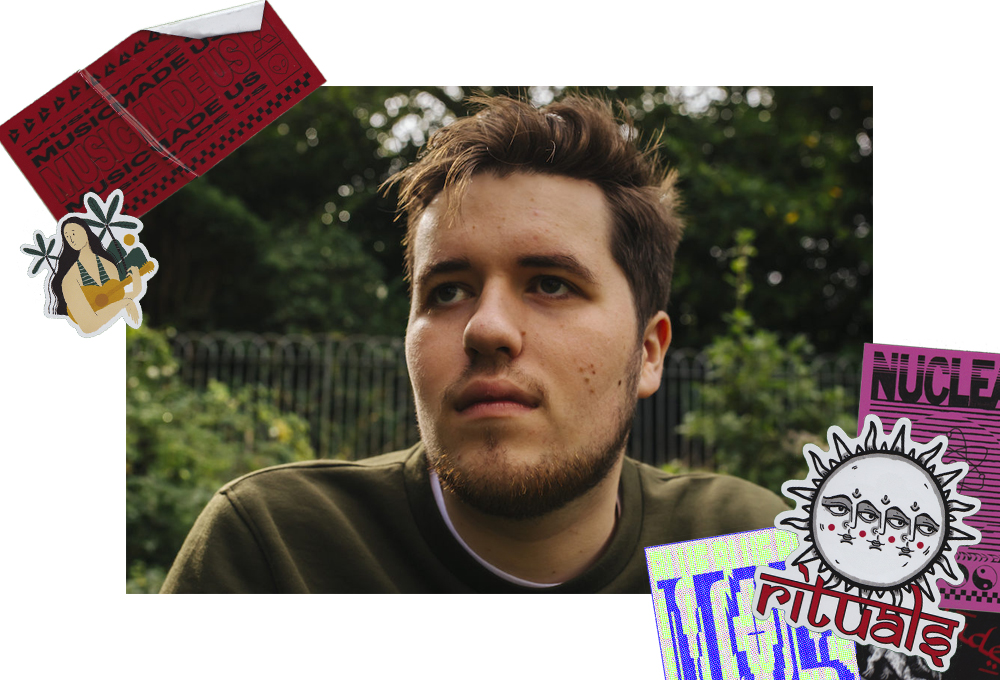I did not like music until I found my passion for it; I found it tedious to listen to. When the radio was on, and someone would try to talk to me, I could not understand what they were saying because all I could focus on was the music, even though I would try so hard to listen to the conversation.
It was not just music that annoyed me. It was also the squeaky radiator in my class when I tried to listen to my teacher, it was someone’s foot-tapping when I tried to listen to my friends. No matter how big or small the sound was, I would constantly get distracted.
No matter how far away or quiet, all noises and sounds would throw me off a conversation or even stop me from thinking to myself. The more noise there is, the more stressed I can become. For seventeen years, I went undiagnosed with Auditory Processing Disorder.
What is Auditory Processing Disorder (APD)?
APD is a learning disability which affects the brain. It means I process sounds differently.
It is not a hearing disability. It is a processing disability.
It makes it really hard for me to understand somebody when they are mumbling, facing away from me or when background noise is present. Often, I mishear words, take three to five seconds to understand what has just been said, or hesitate while talking to someone because I am trying to process what is being spoken about. To people who do not understand this disorder, I say this: imagine you’re trying to talk and listen to someone while a person is clapping their hands by your ears. It’s very distracting, but you will understand what they are saying if you try really hard to listen.
This can become extremely distracting and exhausting.
There is no cure.
As a teenager, I would walk to school, and I had mentioned to my mum that I would get extremely bored and distracted. She suggested that I start listening to music with earphones as it can pass the time quicker. She gave me her old iPod, which I believe had 3,000 songs on it, and I decided to walk to school with music in my ears. It changed my life in an instant. The noises that bugged me stopped. They were not there anymore, and the present noises were melodic and worked together in harmony. The stress of the noise melted away. I could finally feel relaxed and I suddenly could not live without music. I connected emotionally with this art because it made all unnecessary sounds disappear. Every sound in a song has some significance, no matter how small it is. These sounds all made sense to me.
I soon decided that I wanted to make music my career, and I picked up the bass guitar. I also worked with a band for the first time, which was a massive struggle for me at the start. The drums were louder than I thought they would be, and guitarists would noodle a lot, which I also struggled with. But, although the drums were loud, as a bass player, they were the main thing that I needed to work with. As the drums were the loudest thing in the room, it was easiest for me to follow. Distorted guitars can be a struggle for me to process when stressed. However, all I need to do is leave the room for five minutes and remember that I only need to follow the drums.
At this point, music has completely changed my life. Listening to music was one thing, but playing music is another. Music in my earphones calms me because the melodic sounds are merged, but playing music gives me an odd form of brain training. Although it can be exhausting sometimes, I would not change anything about it because I love this art and how it is made. I can see the enormous effect that music has had on my life. I am calmer and I feel as if I can process conversations quicker. I cannot see how my life would be without music.
Music has helped me understand my disorder, and my disorder has helped me understand music.



